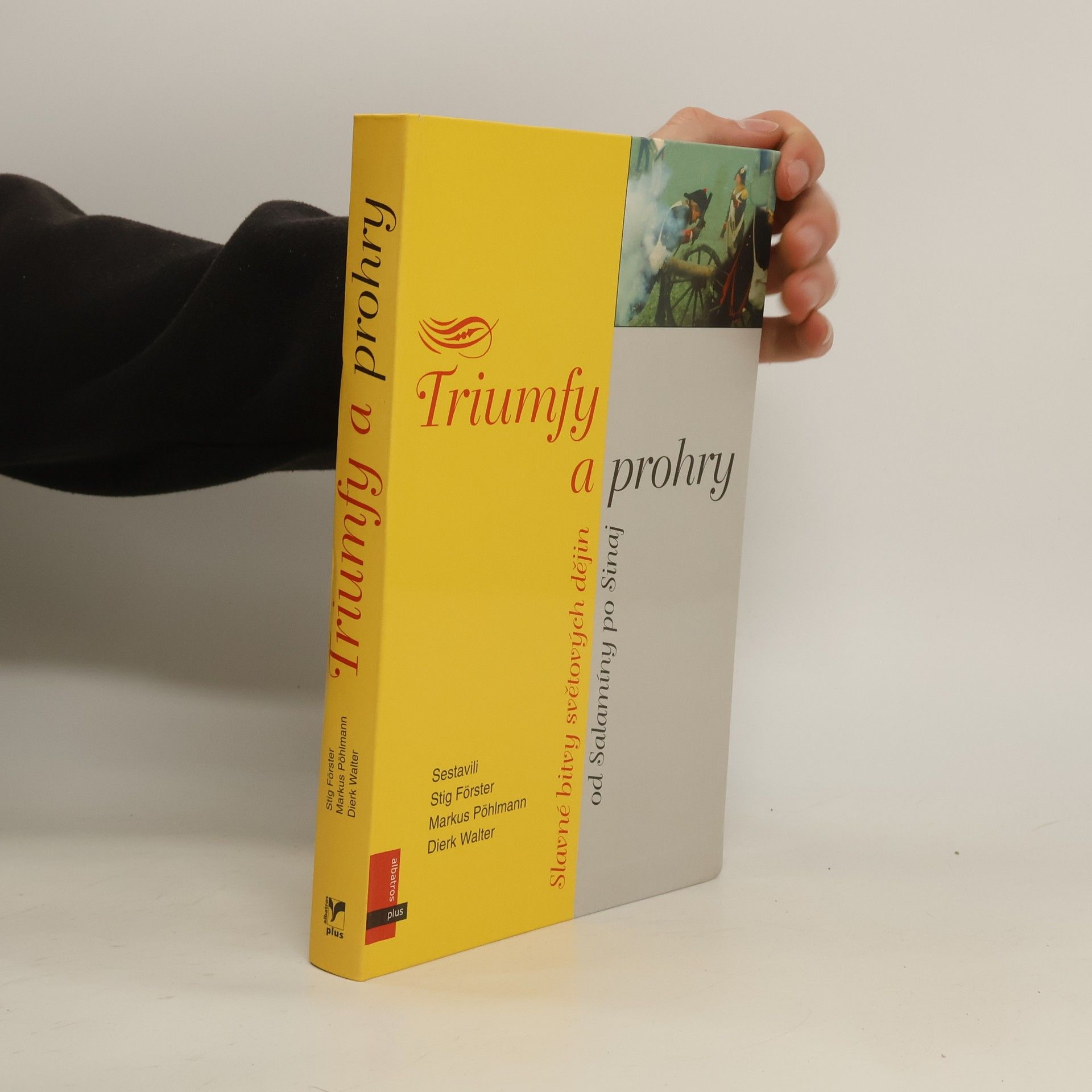Organisierte Gewalt in der europäischen Expansion
Gestalt und Logik des Imperialkrieges
- 413 pages
- 15 hours of reading
Die aktuellen Militäreinsätze westlicher Streitkräfte in Drittweltländern wie Afghanistan, Irak oder Mali gelten als »neue Kriege«. Bei genauer Betrachtung wird jedoch deutlich, dass sie in einer 500-jährigen Tradition transkultureller Gewaltkonflikte stehen. Dierk Walter untersucht erstmals systematisch und über einen langen Zeitraum die Rolle, die Erscheinungsformen und die Logik organisierter Gewalt als Mittel der europäischen Expansion. Die Rekonstruktion von Grundbedingungen, Konfliktmustern, Kriegszielen und Ursachen der Entgrenzung von Gewalt lassen deutliche Parallelen zwischen verschiedenen Imperien sowie Kontinuitäten über die Epochengrenzen hinweg sichtbar werden.

